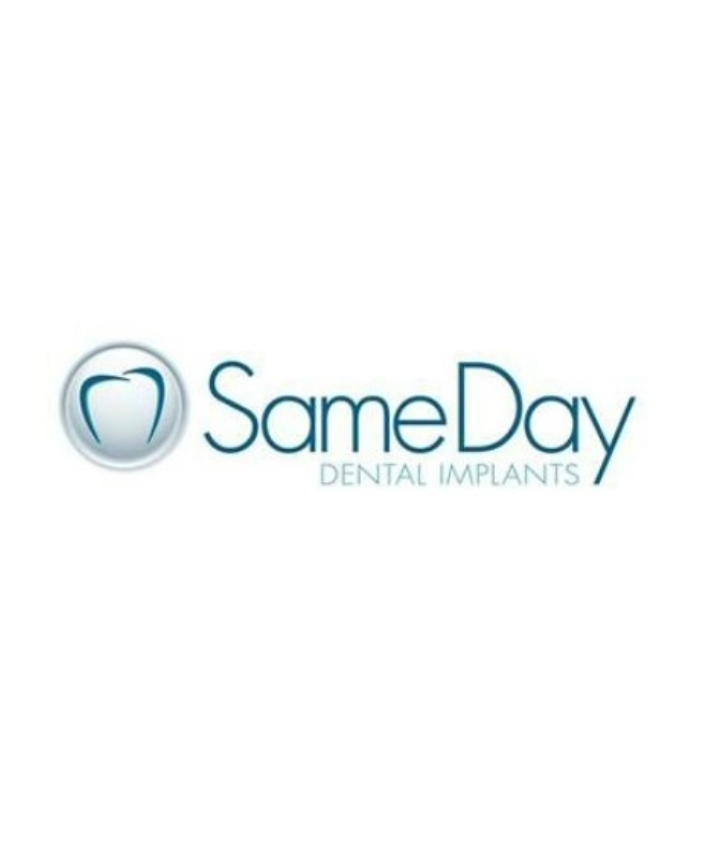Dentures
Artificial teeth and gums known as dentures are used to replace missing natural teeth after an accident, illness, or decay. They can be used to replace some or all of the teeth in the upper or lower jaw and are manufactured specifically for each individual. Dentures come in a variety of forms, including full, partial, and implant-supported dentures. Partial dentures are used to replace a few teeth, whereas complete dentures are used to replace every tooth in one or both jaws. A more recent option is implant-supported dentures, which are supported by implants that are surgically inserted into the jawbone.
The capacity to chew and speak with greater ease is one of the main benefits of dentures. Without teeth, it may be challenging to talk correctly or consume certain foods. Dentures offer a natural-looking option that makes it easier for patients to eat and communicate. Dentures also aid in preserving the facial structure. The cheeks may sag when teeth are absent, making a person appear older than they are. Dentures assist preserve a young appearance by supporting the lips and cheeks.
Dentures do have significant drawbacks, though, which should be taken into account. The fact that they can be unpleasant, especially at first, is one of the most frequently voiced grievances. The adjustment to wearing dentures can take some time, and some people may feel gum discomfort or inflammation. Dentures also need to be cleaned and maintained on a regular basis. A particular denture brush and soaking solution should be used to clean dentures on a daily basis. Also, they should be routinely examined by a dentist to make sure they are fitted properly and to make any required modifications.
Dentures are still a popular choice for people who have lost their natural teeth despite these disadvantages. They are a practical, affordable solution that can significantly raise a person's quality of life. Dentures can be a comfortable and effective alternative to natural teeth for many years with the right upkeep and care.


.png)
.png)

